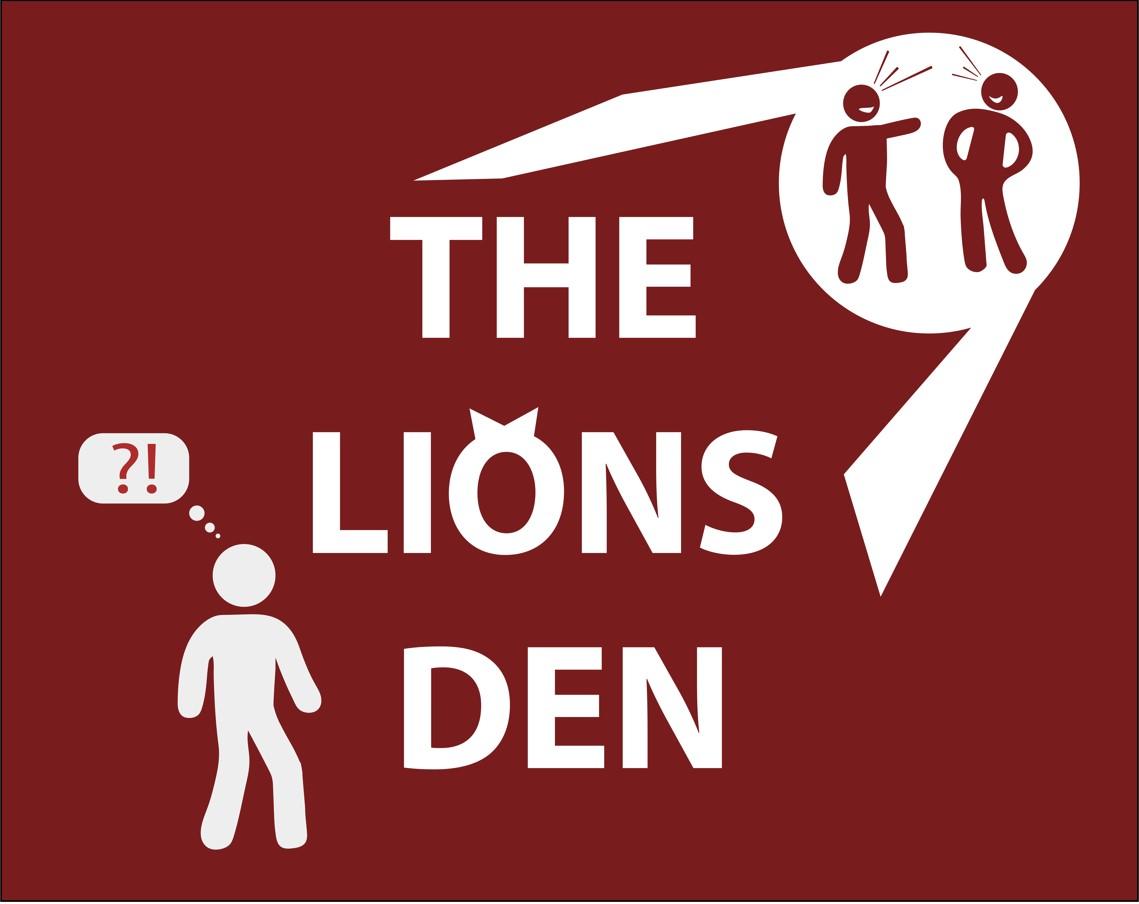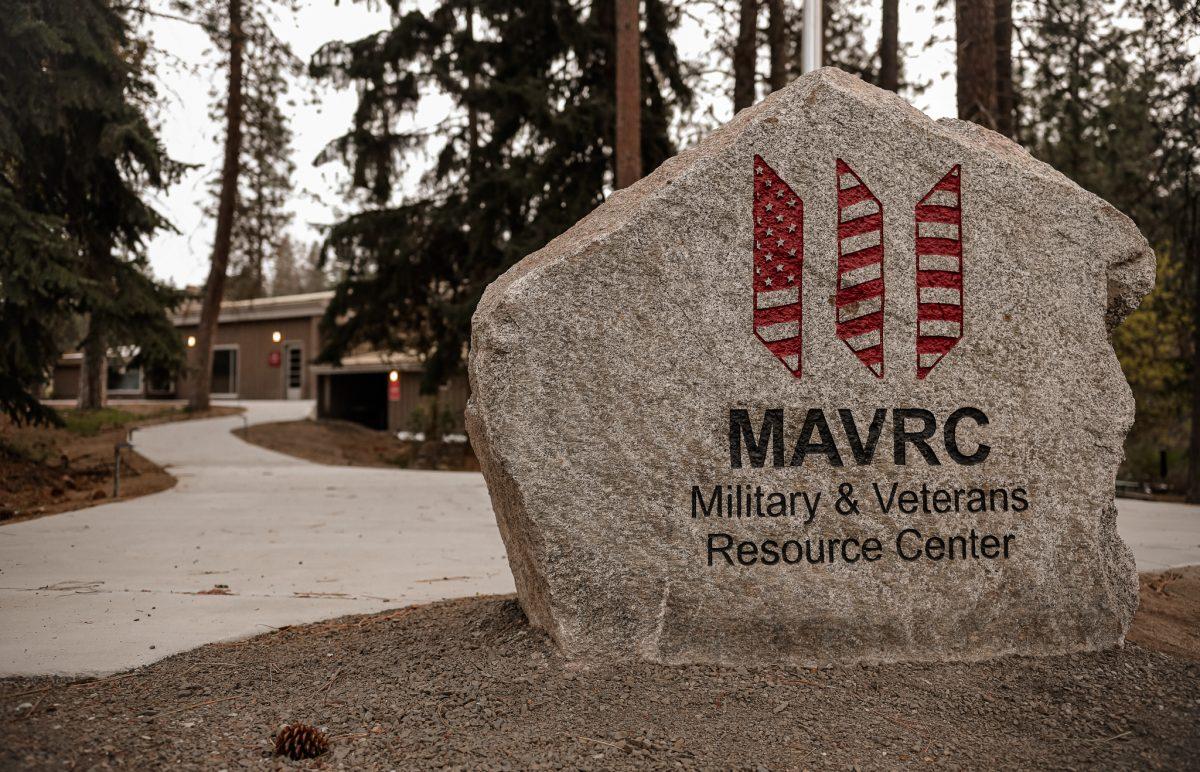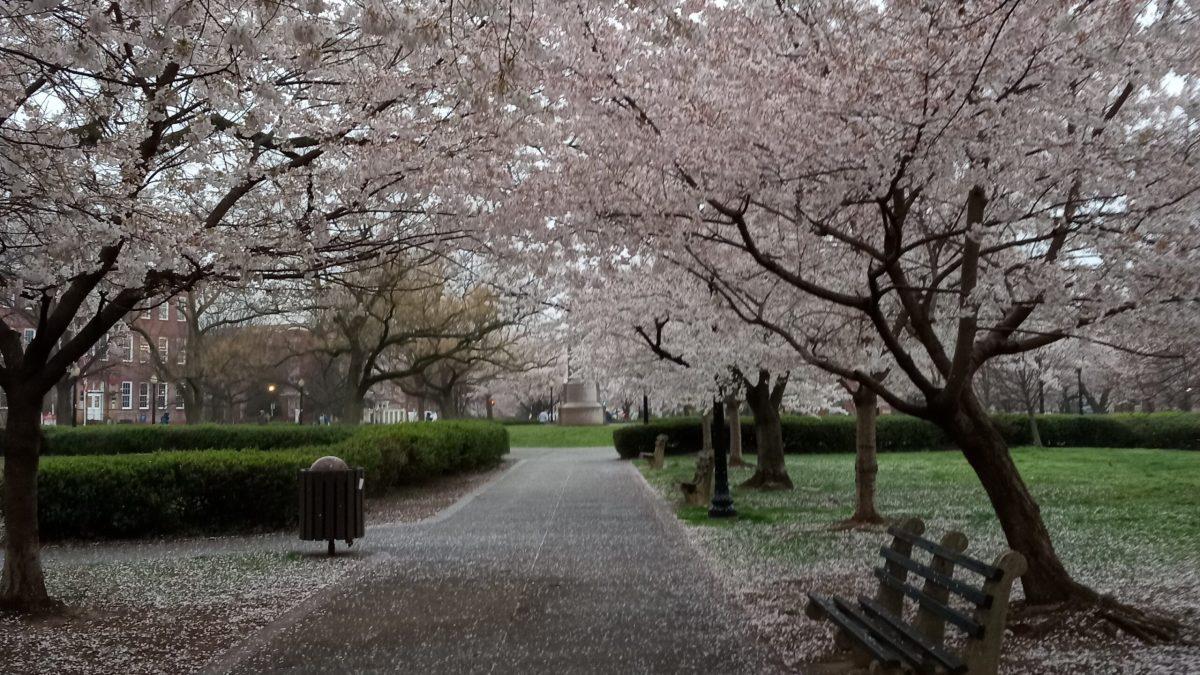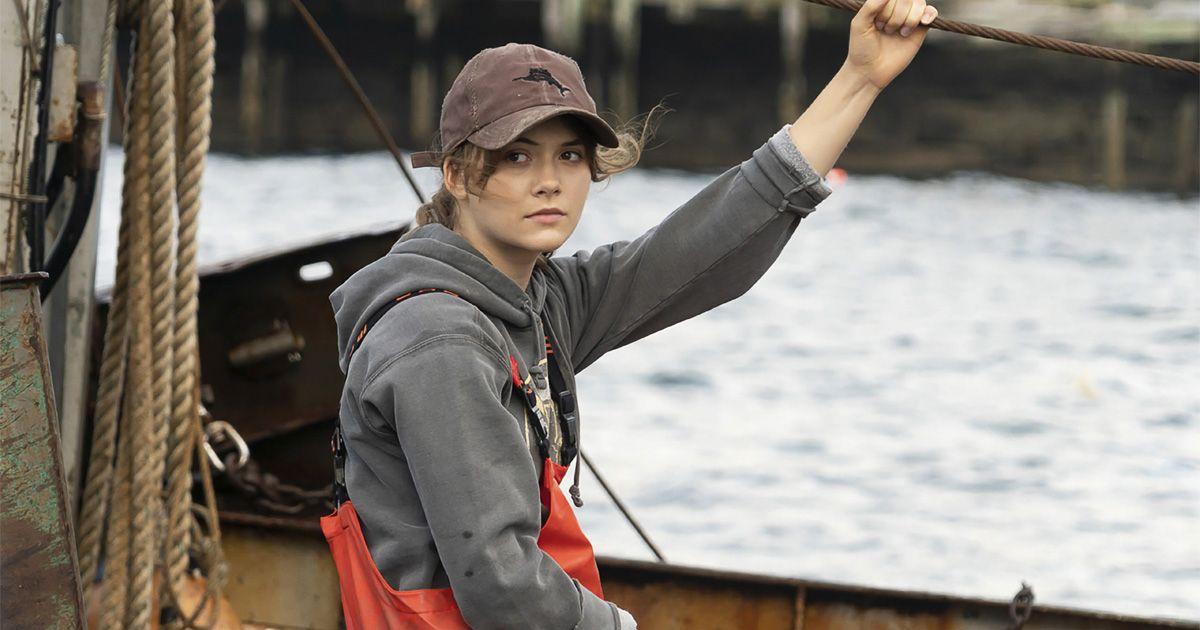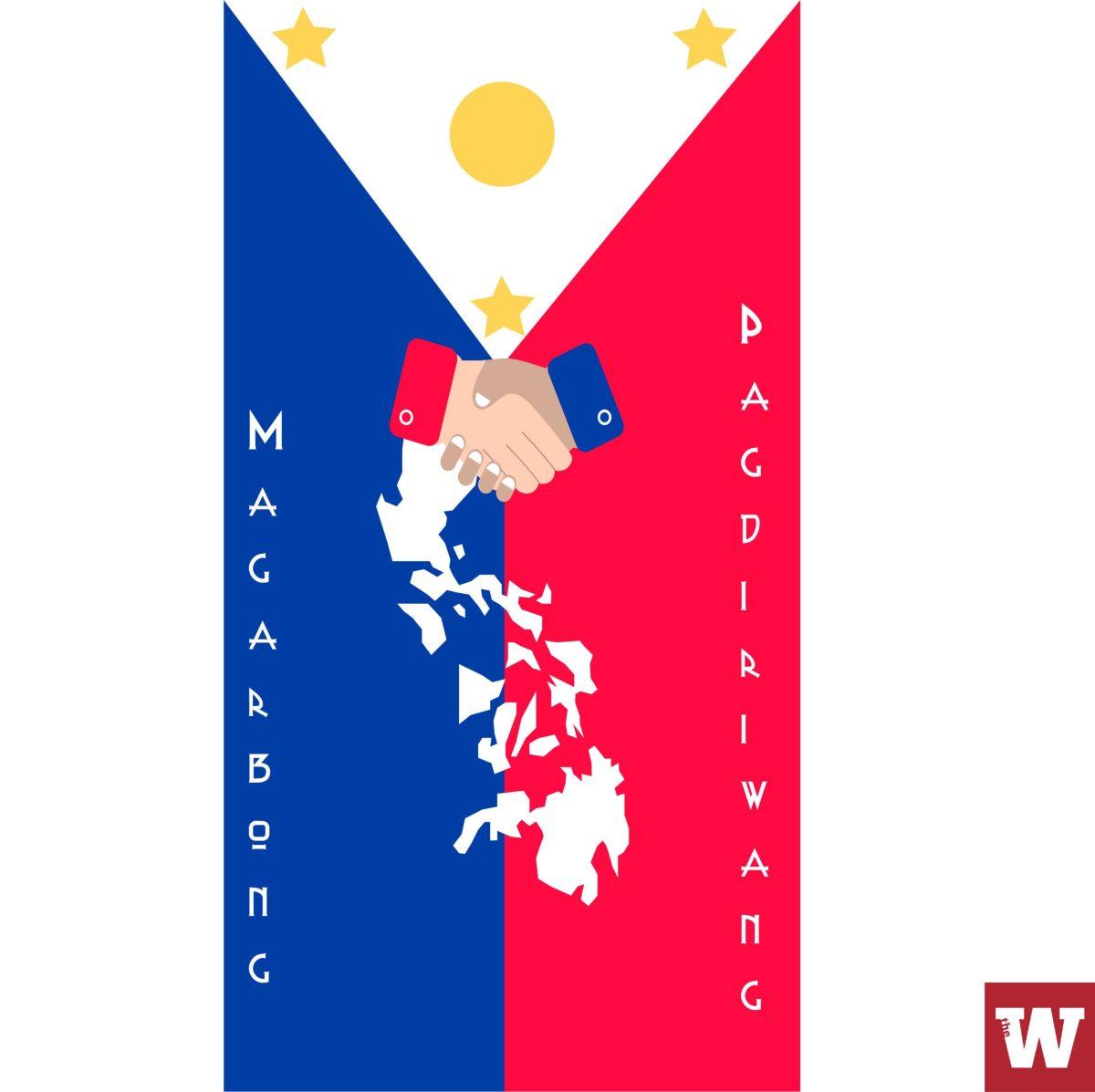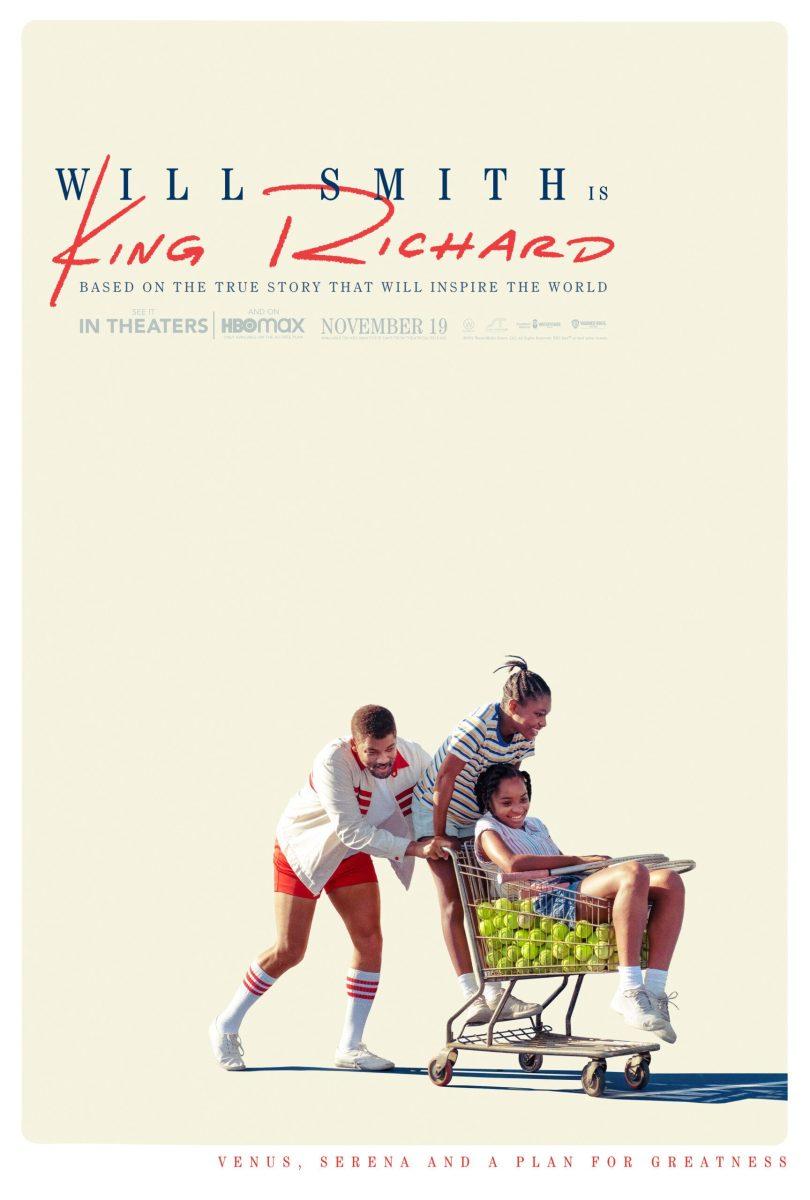
In the past few months, Whitworth has increased interfaith dialogue by inviting a range of guest speakers to campus. On March 1, Dr. Randy Woodley, a Native American farmer, activist and theologian gave a lecture about the relationship between white supremacy and the climate crisis. On February 25, an interfaith dialogue between Christian theologian Mathew Kaemingk and Islamic scholar Shadi Hamid took place.
Randy Woodley
Dr. Woodley is a Cherokee descendant recognized by the Keetoowah Band, who keeps the traditions of his heritage while following Jesus Christ. He is a tenured professor at George Fox University, as well as a founding board member of the North American Institute for Indigenous Theological Studies (NAIITS) and other programs.
Woodley was invited to campus as this year’s Emmaus Scholar to give lectures around campus. On Feb. 28, Woodley gave a lecture in the chapel called “Decolonizing Our Faith and Theology.” Members of the Emmaus program also had the privilege of spending a week with Woodley at the Eloheh Indigenous Center for Earth Justice and Eloheh Seeds, founded by Woodley and his wife Edith.
In collaboration with Whitworth’s Environmental Action Coalition, Woodley also spoke to a forum of students about his latest essay on environmental racism and white supremacy’s influence on the climate crisis.
According to Emmaus program director Professor Derek Taylor, “As a Native American, [Woodley] is uniquely situated to perceive the damages wrought by European presence in the so-called New World. This is an important conversation to have because two of our greatest struggles as a society today—racism and ecological degradation—have their roots in the same colonial worldview.”
Matthew Kaemingk and Shadi Hamid
Matthew Kaemingk is a Christian author and theologian. He also teaches ethics and theology at Fuller Theological Seminary, where he serves as the chair of faith and public life.
Author Shadi Hamid is a fellow for the Center for Middle East Policy and an assistant research professor for Islamic studies at Fuller Seminary. He is also a writer for the Atlantic, a member of the EUSPRING international advisory board and a director for the Project on Middle East Democracy.
Whitworth hosted Kaemingk and Hamid to engage in a public interfaith dialogue. “It breaks a lot of new ground and offers a lot of new perspective. The idea is to help Christians learn how to be better neighbors to the people of different faiths and specifically to people of the Muslim Faith,” said Lauren Taylor, Whitworth’s Campus Pastor for Discipleship.
Taylor also spoke to the importance of interfaith dialogue on-campus. “We can help to bridge these different pockets of students or departments to help us be a better community for one another,” she said.
Future Conversations
In the spirit of continuing interfaith conversations on-campus, professor of environmental ethics and New Testament studies, Dr. Moo, Ph.D., will lecture about the intersectionality of Christianity and environmental activism on April 26 at 7 p.m. in Weyerhaeuser Hall 107.


